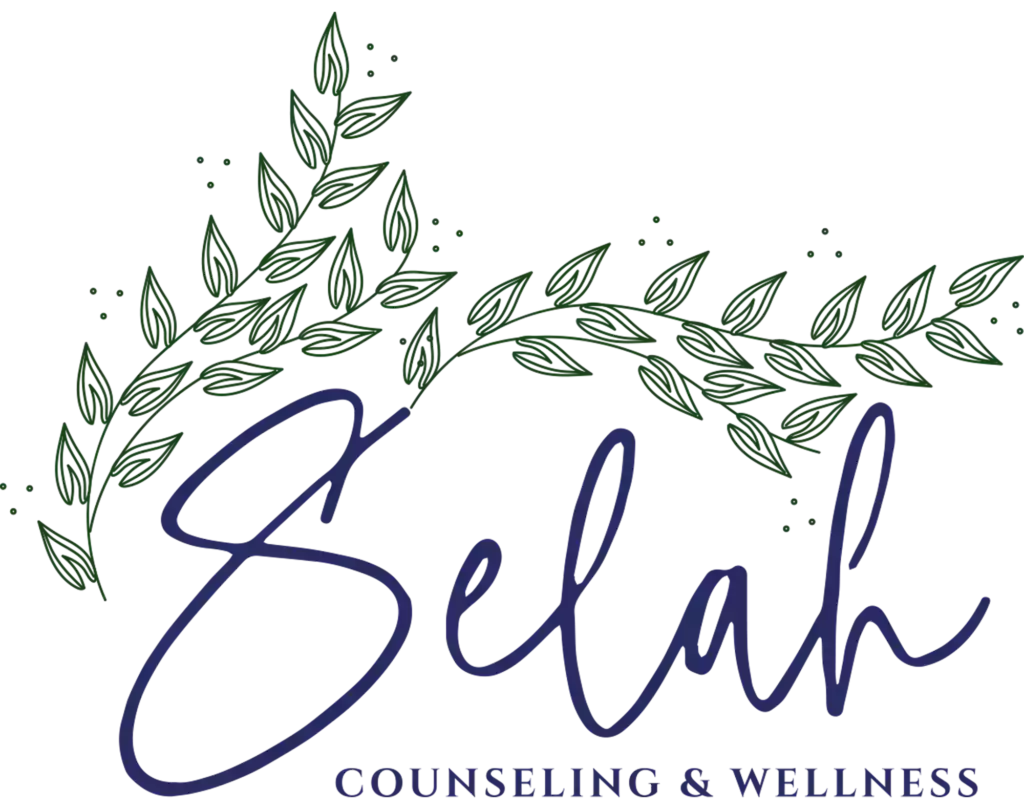
Shame Resilience Theory
“Connection is why we’re here; it is what gives purpose and meaning to our lives. The power that connection holds in our lives was confirmed when the main concern about connection emerged as the fear of disconnection; the fear that something we’ve done or failed to do, something about who we are or where we come from, has made us unlovable and unworthy of connection. I learned that we resolve this concern by understanding our vulnerabilities and cultivating empathy, courage, and compassion— what I call shame resilience.”.
Brené Brown, researcher and author, created the Shame Resilience Theory as a response to her work studying human connection. Brené defines shame as “the intensely painful feeling of believing that we are never good enough and therefore unworthy of love, belonging, and connection.” Shame is a universal human experience and a toxic emotion that keeps us feeling afraid to talk about our struggles, thus strengthening shame’s influence in our lives.

The goal of Shame Resilience Theory is to support individuals to:
- Identify and understand shame
- Recognize the messages and expectations shame triggers for them
- Challenge the shame triggers via increased self-awareness and checking of the facts
- Share their stories with trustworthy audiences
- Speak shame: they use the word shame, they talk about how they’re feeling, and they ask for what they need.
Shame Resilience Theory supports individuals in redefining their own relationship with shame to develop healthy coping skills and for greater relationships to self and others.

